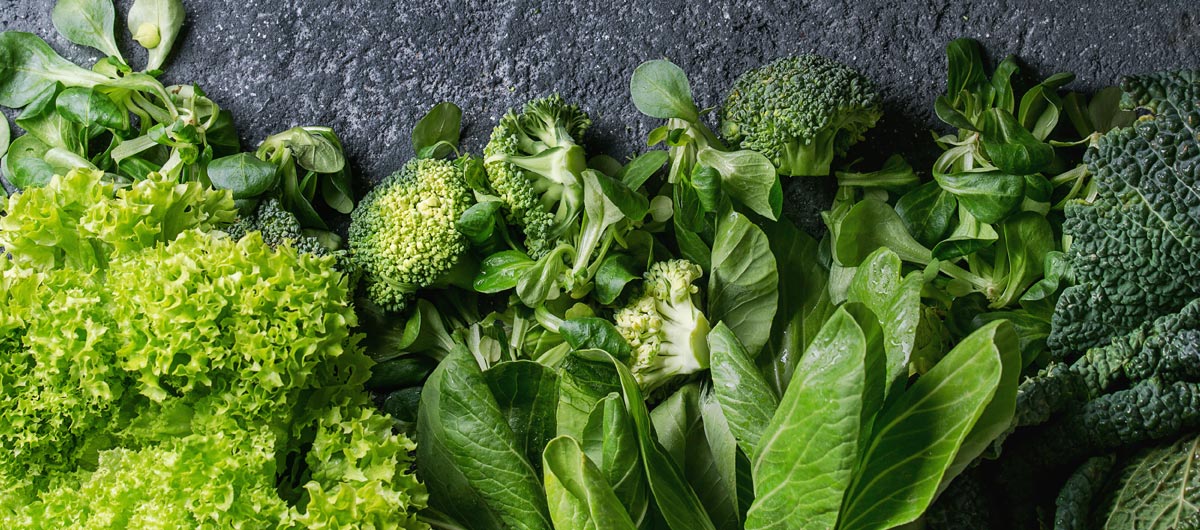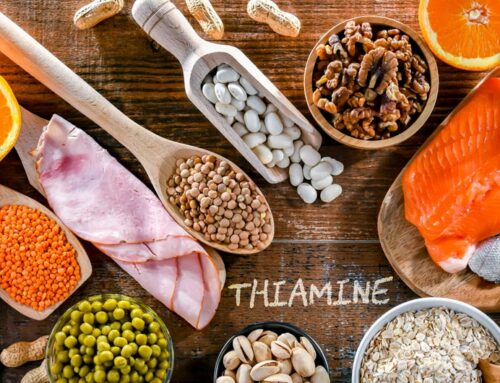Magnesium is a mineral which aids many processes in the body. Every organ in the body utilizes magnesium, but especially the heart, muscles and kidneys. Among the many processes Magnesium plays a part in, it helps to contribute to teeth and bone structure and strength. Magnesium also activates enzymes, aids in the production of energy, and helps to regulate many nutrients in the body such as Calcium, copper, zinc, potassium, vitamin D and more. It has been used to aid issues with sleeping, such as Restless leg syndrome.
Magnesium is found in many foods, especially green, leafy vegetables, and also nuts and whole grains. As with so many other nutrients, green leafy vegetables happen to be very good source of magnesium.
It is rare to be deficient, but with that being said, most people probably don’t get enough. Some medical conditions may upset the absorption of this mineral, such as an intestinal virus that causes vomiting and diarrhea, and can lead to a temporary deficiency. Other health conditions which may lead to deficiencies are:
- Gastrointestinal issues such as IBS, and ulcerative colitis
- Diabetes
- Pancreatitis
- High thyroid levels (Hypothyriodism)
- Kidney disease
- Taking diuretics
Other factors which can contribute to the reduction of magnesium are:
- Drinking excess coffee, soda and alcohol
- Eating too much sodium
- Heavy menstrual cycles
- Excessive sweating
- Prolonged stress
There are many symptoms of magnesium deficiency such as:
- Anxiety
- RLS (Restless leg syndrome)
- Irritability
- Gastrointestinal issues
- Abnormal heart rhythms
- Low blood pressure
- Confusion
- Muscle spasms
- Muscle weakness
- Insomnia
- Seizures
Ensuring you are getting enough magnesium can aid in the treatment of asthma, depression, diabetes, fibromyalgia, high blood pressure, migraines, osteoporosis, restless leg syndrome, PMS and cancer.
The recommended dietary allowance for magnesium for adult men is 400-420 mg per day. The dietary allowance for adult women is 310-320 mg per day.
For children the recommended daily allowances are:
Birth to 6 months — 30 mg*
*7–12 months — 75 mg*
1–3 years — 80 mg
4–8 years — 130 mg
9-13 years — 240 mg
14–18 years — 410 mg (boys), 360 mg (girls)
Rich dietary sources of magnesium include:
- Tofu
- Legumes
- Whole grains
- Green leafy vegetables
- Wheat bran
- Brazil nuts
- Soybean flour
- Almonds
- Cashews
- Blackstrap molasses
- Pumpkin and squash seeds
- Pine nuts
- Black walnuts
Other good dietary sources of this mineral include:
- Peanuts
- Whole wheat flour
- Oat flour
- Beet greens
- Spinach
- Pistachio nuts
- Shredded wheat
- Bran cereals
- Oatmeal
- Bananas
- Baked potatoes (with skin)
- Chocolate
- Cocoa powder
It is also present in many herbs, spices and seaweeds such as:
- Agar seaweed
- Coriander
- Dill weed
- Celery seed
- Sage
- Dried mustard
- Basil
- Fennel seed
- Savory
- Cumin seed
- Tarragon
- Marjoram
- Poppy seed
There are many forms of magnesium, but some that are more readily absorbed by the body are magnesium citrate, magnesium gluconate and magnesium lactate. B vitamins aid in absorption, and B6 must be present for magnesium to be absorbed, so it is beneficial when taken together. Time release preparations can help with absorption.
Ensure you talk to your Healthcare provider before taking any supplements, and NEVER give magnesium to a child without consulting with a Healthcare provider first. Because of the potential for side effects and interactions with medications, you should only take dietary supplements under the supervision of a knowledgeable health care provider.
References
https://www.mountsinai.org/health-library/supplement/magnesium
https://my.clevelandclinic.org/health/articles/15650-magnesium-rich-food
https://ods.od.nih.gov/factsheets/Magnesium-HealthProfessional/







Leave A Comment